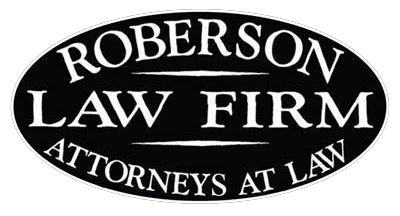Misconceptions about Felony Expungements
On Wednesday, October 11, 2017, our Firm had the honor of participating in Starkville, Mississippi’s annual expungement clinic hosted at Level III but Cheikh Taylor. This is the third year that our firm has participated in this event and it is always a wonderful experience. Each year we get to hear stories from the community about how criminal convictions effect people’s lives. Sometimes, people go years not knowing their options when it comes to rights restoration. Having an opportunity to clear up common misconceptions is always a welcome experience
For example…
Misconception #1: Convicted Felons Cannot Vote
Most people think that convicted felons cannot vote. This is not entirely true. Twenty-two (22) enumerated felonies lead to disenfranchisement. Just the other day, we had a young lady submit a request on our companion site, ClearMyRecordMississippi.com. Her primary concern was being able to vote again. Luckily, one of our attorneys reviewed her information and realized that she had never actually lost her right to vote. She eagerly informed us she would be voting in November’s election. Unfortunately, this is a common story.
If you would like more information on voting rights following a conviction and a complete list of disenfranchising felonies, check out MSVotes.org. This is a great organization that also spoke at Cheikh’s event.
Misconception #2: All Felonies Can be Expunged
Unfortunately, this is not true. Only minor, enumerated felonies are eligible for expungement, in Mississippi. They are:
- BAD CHECK OFFENSES,
- POSSESSION OF A CONTROLLED SUBSTANCE OR PARAPHERNALIA,
- FALSE PRETENSE,
- LARCENY,
- MALICIOUS MISCHIEF, AND
- SHOPLIFTING.
Further, Five (5) years must have passed from the date you completed all of the terms and conditions imposed by the Court, including paying all fines and court costs. The only exceptions are if your case was non-adjudicated or no disposition was ever reached (most common when cases are retired to the files, or you enter a pretrial diversion program), or if you were Twenty-One (21) years old or younger at the time of the offense.
If you were Twenty-One (21) years old or younger at the time of the offense, you can expunge any felony that is non-violent, and that is not related to the sale or transfer of a controlled substance. In these cases, expungement is discretionary, and the Court does not have to grant you relief.
For more information on expungement eligibility, check out our companion site ClearMyRecordMississippi.com.
Misconception #3: An Expungement Removes a Conviction from Every Database Imaginable
Expungements are great for clearing someone’s record. However, they do have their limits. For example, if there was a news story about your case or a private background check company already has your conviction logged in their database, there may be additional steps necessary to remove the arrest and conviction from your life completely.
Often, contacting these companies is enough to get them to remove the stories/records if you can provide proof of expungement. We’ve been particularly surprised at news agencies and their willingness to remove stories that involved expunged convictions. A lot of times it is as simple as asking nicely.
In Conclusion
Hopefully, this post will clear up a few misconceptions about expungements and other rights associated with prior felony convictions. We look forward to doing this event again next year, hopefully, will be able to help even more people in the future understand their rights and options.
As always if you have more questions or would like to discuss your specific case further, please contact our office at 662-324-3810, and I will be happy to help you in any way that I can.
